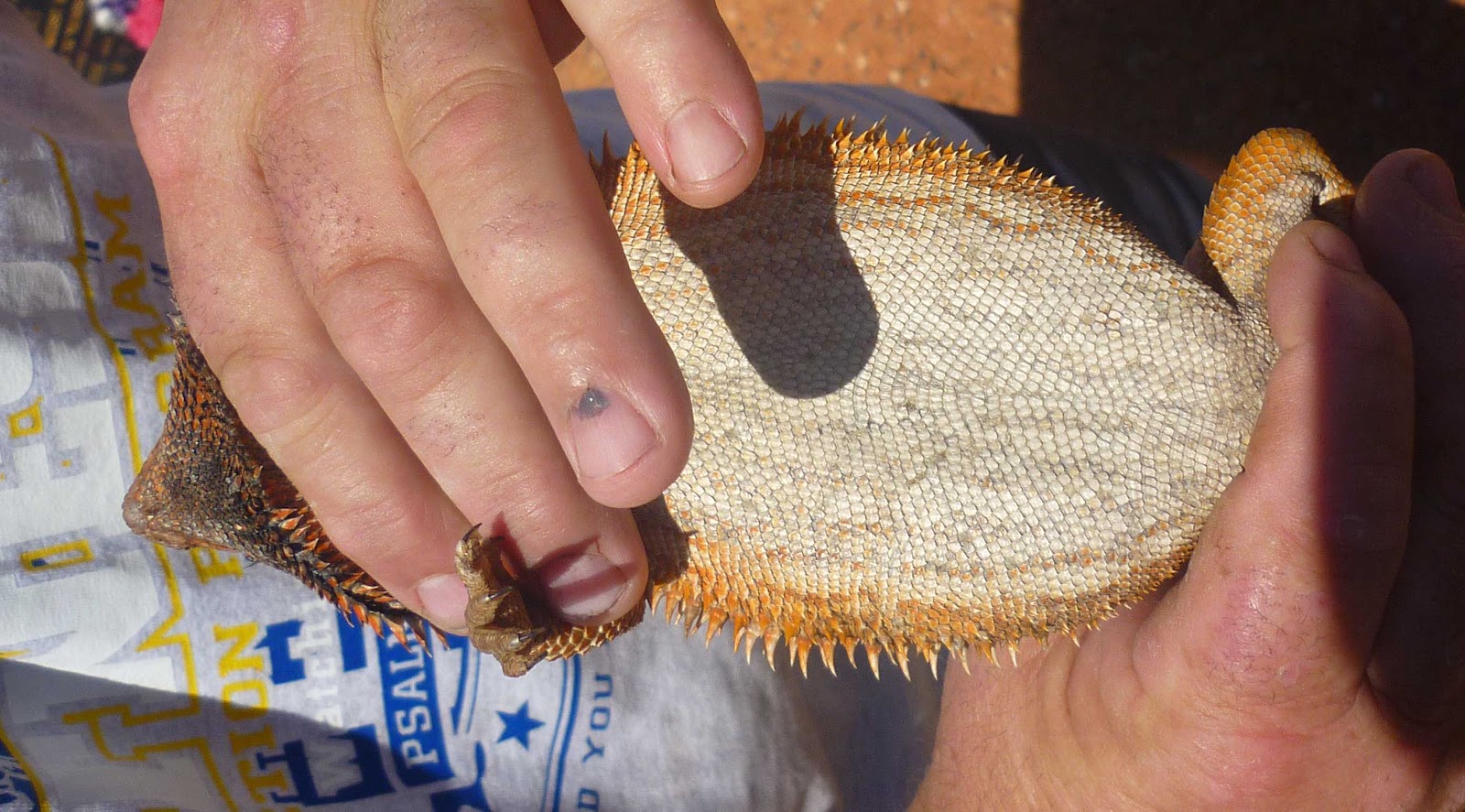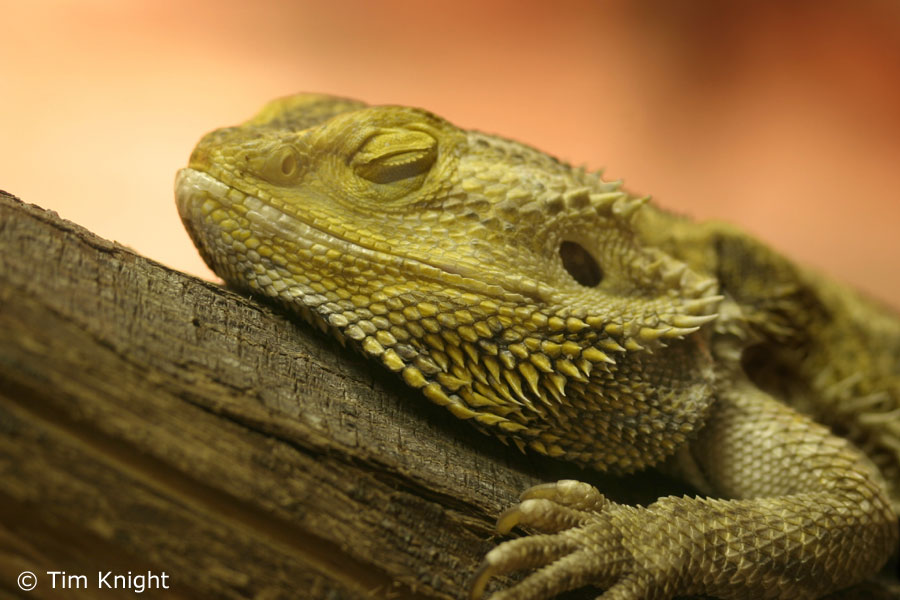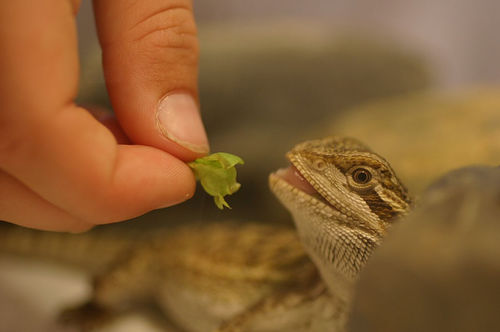Is My Bearded Dragon Sick? Symptoms and Treatment
Is My Bearded Dragon Sick?

Bearded dragons are one of the most popular pet reptiles, and for good reason. They are friendly, docile, and relatively easy to care for. However, like any pet, bearded dragons can get sick. It’s important for owners to know the signs of illness and to take action if they suspect their pet is unwell.
Signs of a Sick Bearded Dragon
Bearded dragons are generally very active and curious reptiles. If your dragon is lethargic, not eating, or not moving around much, it could be a sign that something is wrong. Other symptoms of illness in bearded dragons include:
- Weight loss
- Diarrhea or abnormal stools
- Difficulty breathing
- Swollen or discolored eyes
- Lumps or bumps
- Abnormal shedding
- Unusual behavior (such as aggression)
If you notice any of these symptoms, it’s important to take your bearded dragon to an experienced reptile veterinarian as soon as possible. Delaying treatment could result in your pet’s condition worsening or even death.
Common Illnesses in Bearded Dragons

While there are many illnesses that bearded dragons can develop, there are a few that are more common. These include:
Parasites
Bearded dragons can pick up parasites from their environment or from other animals. Symptoms of a parasitic infection include weight loss, diarrhea, and poor appetite. Your veterinarian will be able to perform a fecal analysis to determine if your pet has parasites, and can prescribe medication to treat the infection.
Respiratory Infections
Respiratory infections are common in reptiles and can be caused by bacteria, viruses, or fungi. Symptoms include difficulty breathing, wheezing, and discharge from the nose or mouth. If left untreated, respiratory infections can be fatal. Your veterinarian can prescribe antibiotics or other medications to treat the infection.
Mouth Rot
Mouth rot, also known as infectious stomatitis, is a bacterial infection that affects the mouth and gums of reptiles. Symptoms include swelling, redness, and discharge from the mouth. Left untreated, mouth rot can cause serious health problems, including the loss of teeth and even death. Your veterinarian will be able to prescribe antibiotics and other treatments to help your bearded dragon recover.
Preventing Illness in Bearded Dragons

While not all illnesses can be prevented, there are steps you can take to help keep your bearded dragon healthy:
- Provide a clean, well-maintained enclosure
- Avoid feeding your dragon wild-caught insects or rodents
- Provide a balanced and varied diet
- Ensure proper heating and lighting in the enclosure
- Take your bearded dragon to the vet for regular check-ups
By following these guidelines, you can help ensure that your bearded dragon stays healthy and happy.
Final Thoughts

Bearded dragons are wonderful pets that can provide years of joy and companionship. However, like any pet, they can get sick. It’s important for owners to be aware of the signs of illness and to take action if they suspect their pet is unwell. By working with an experienced reptile veterinarian, you can help ensure that your bearded dragon gets the care it needs to recover from illness and live a long, healthy life.
